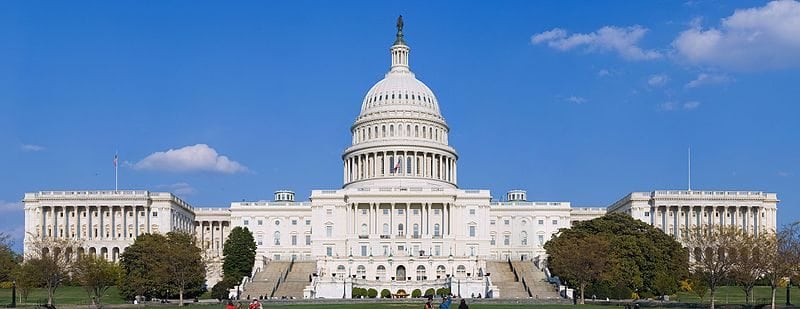What’s the Regulatory Outlook in 2017 for Trucking?

While politicians make numerous promises while running for office, implementing necessary regulations for governance, is a different issue. Governance and legislative processes require the involvement of various stakeholders, bargaining, and making compromises. President Trump has promised to introduce some legislative and regulatory changes, some of which will affect the trucking industry. However, even with a Republican-controlled Congress, political deadlocks will be inevitable. Vested interests will also slow down the wheels of government. With the complex process of introducing new laws, there will be varied opinions on which laws to rewrite, which ones to roll back, and the ones to delay.
Important Regulations Affecting Trucking
Hours of service
Before leaving office, President Obama signed into law a bill that cemented the use of 34-hour restart in the hours-of-service rule. This means that the 34-hour restart will be followed if the report on the rule does not meet certain standards as outlined by Congress. In the past, there was confusion over the enforcement and effectiveness of restart provisions due to poor language in a previous bill. Congress now requires that any restriction should offer safety and health benefits to truck drivers.
Electronic logging devices
Currently, there is a rule that requires new trucks from the model year 2000 to have electronic logging devices. Although a court of law found this rule to be in violation of drivers’ rights to privacy, it is unlikely that the rule will be rolled back. The rule was passed by a GOP-controlled Congress and does not fall under the regulations to be affected by the moratorium announced by Trump.
Green House Gas (GHG) Phase 2
This rule requires that manufacturers of trailers produce fuel-efficient engines in their 2017 to 2027 model-year trucks and tractors. The aim of the rule is to reduce CO2 emissions by up to 5%. This rule could either be rolled back or have its implementation delayed by Congress because federal agencies initiated it. It is still not clear what action truck manufacturers will take about the rule.
Meal/rest breaks exemptions
Trucking lobbyists are likely to oppose some legal provisions that affect the trucking industry:
-
- A provision that allows individual states to enact state rules for their own meals and rest breaks for Commercial Driver’s License (CDL) drivers.
- The lobbyists are also likely to push for the prohibition of individual states from imposing specific types of added compensation for drivers.
Although similar efforts have failed in the past, lobbyists will seek to influence changes in the legislation.
Sanitary food transportation
Large carriers who transport food for human and animal consumption will have to comply with some set safety standards. They will have to monitor the temperature and humidity levels of the food substances and keep copies of their compliance records for 12 months. The records should be made accessible to enforcement officers as required by the law.
Compliance, safety, and accountability
Federal Motor Carrier Safety Administration (FMCSA) is set to introduce some changes to Compliance, Safety, Accountability (CSA) to increase the number of crashes required to determine if a carrier will receive a score. However, these changes could be fiercely criticized by the Trump presidency due to concerns over the use of the systems in crash litigation.
Speed limiters
Although no specific speed limit has been suggested, heavy-duty commercial vehicles will be required to have speed-limiting devices fitted.
If you wish to learn more about the regulatory changes that may affect the trucking industry, kindly click here for more information.
